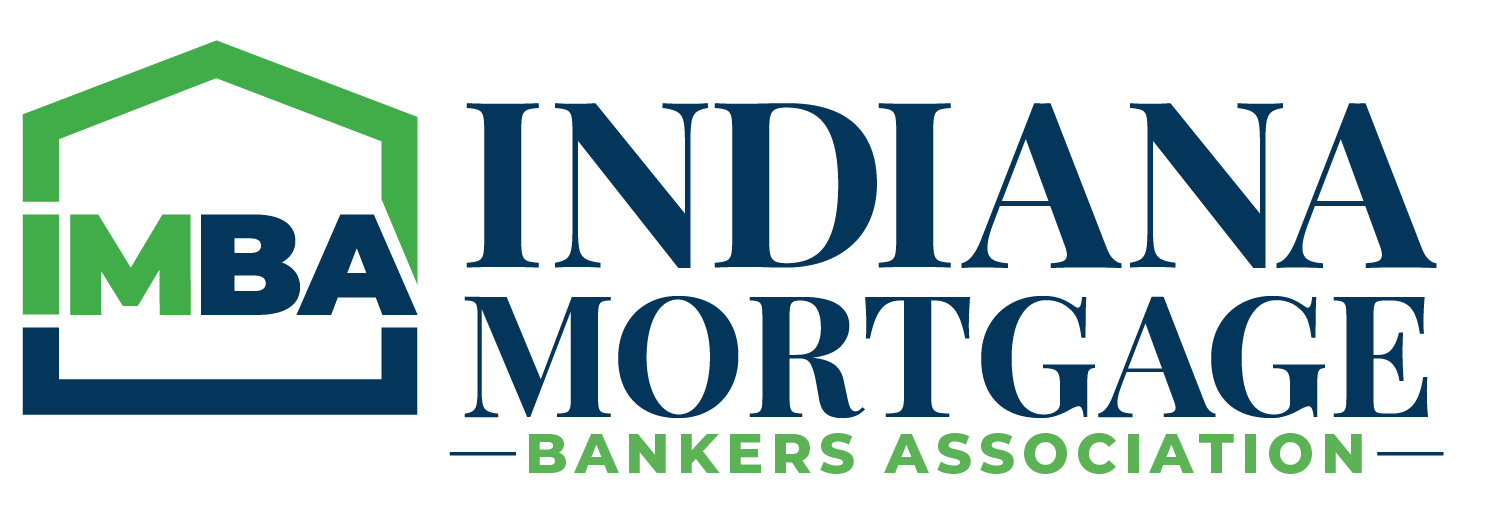In the mortgage education world, we don’t see shocking headlines very often but when we do, they are like this!
On January 18, 2022, the CSBS announced that 44 state regulators led by the California DFPI reached settlements with 441 mortgage loan originators. Those fines totaled $1.2 million.
What was alleged?
An NMLS-approved education provider in California was accused of providing false course certificates of completion and taking courses on behalf of those MLOs.
How was this discovered?
If you have ever taken an online course, you know that you are prompted to complete a BioSig-ID authentication by drawing numbers or letters in 4 boxes at the beginning of, and periodically throughout the course. The intent is to verify that the person taking the course is actually the licensee. When BioSig is activated, the software also tracks the person’s progress through the course from the time they start to the final exam. If there is no record in the BioSig reports, this indicates that a course was not taken.
What was the settlement for the MLOs?
MLOs agreed to surrender their license for three months (92 days), pay $1000 for each state they were licensed in, and complete NMLS-approved education including a 20-hour pre-licensing education course and an additional 8 hours of continuing education. Further, the 28 hours of education must be taken in either a live or live webinar format, not online.
What does all of this mean to you?
Well, if you are one of the 100k plus MLOs that were NOT listed in this enforcement, then this is good news. YOU did the work the right way, and no one should get credit for completing CE unless they did exactly what you did. Completing CE in a compliant manner each year makes license renewal go smoothly and your ability to originate is not interrupted.
What’s new for 2022?
The NMLS is requiring that all webinar CE attendees have a working Webcam and keep it on throughout the training. The requirement takes effect June 6, 2022. Based on MLO feedback, Diehl will offer CE webinars before June 6 without a Webcam and after June 6 with a Webcam.
At Diehl, we create a new course every year and update the state CE courses as well. While you will have to complete CE like you do every year that covers NMLS required topics, Diehl’s CE courses present this information in a surprisingly engaging way. We also want you to get the most value out of the time you have to spend taking CE, so we cover things that are changing in the industry, new developments, what's ahead, and ways you can protect your license.
When you sign up through the IMBA your association benefits as well. The revenue generated can help fund initiatives that support your association’s efforts to deliver even more value to you. We hope to see you for CE in 2022!
Resources:
State Regulators Settle with Hundreds of Mortgage Loan Originators over SAFE Act Education Requirements | CSBS
REES Background Document - Public.pdf (csbs.org)

Scott Weghorst, CMB®, MBA
President
Diehl Mortgage Training and Compliance

.jpg)
